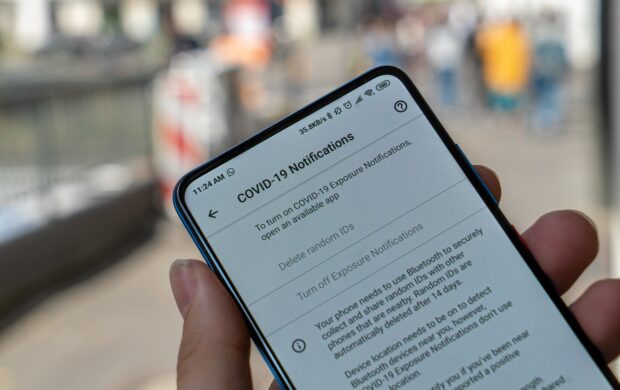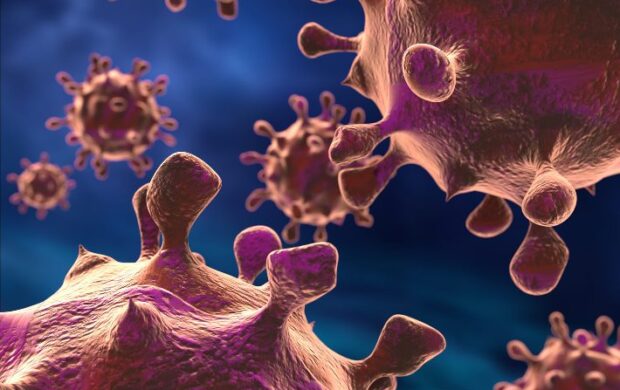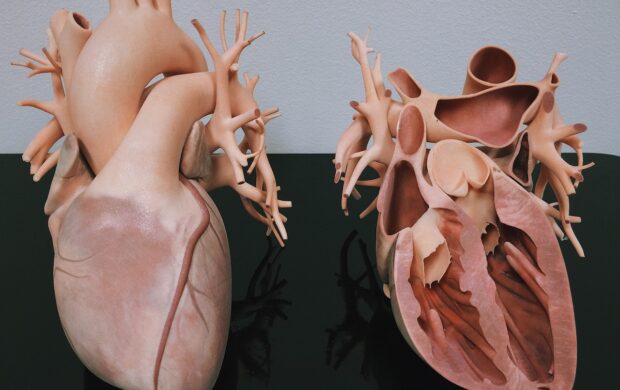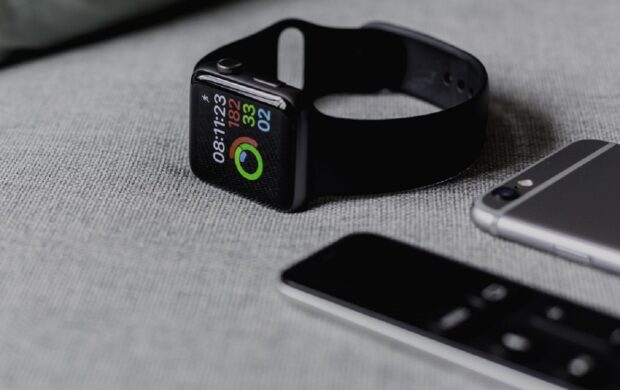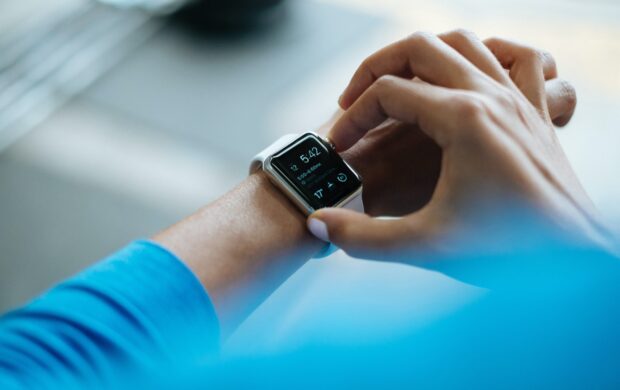In October 2016, scientists from Sichuan University in Chengdu, West China, became the first in the world to inject an adult human with cells that have been genetically edited using the CRISPR/Cas9 technique.
The patient involved had aggressive lung cancer, and researchers were able to extract the patient’s immune cells from a blood sample and use CRISPR editing to disable a gene in them.
The gene in question was for a protein called PD-1, which normally slows down a cell’s immune response, thus allowing the cancer to grow out of control.
The PD-1-free immune cells cultured in the lab were injected back into the patient, and the aim is that they’ll now proliferate in the patient’s body and attack and destroy cancerous cells.
Although it is still early days, lead researcher Lu You said the initial treatment went well, and the patient is now ready for a second injection. Across the duration of the trial, the team aims to treat ten people with between two to four injections of genetically edited immune cells in each.


